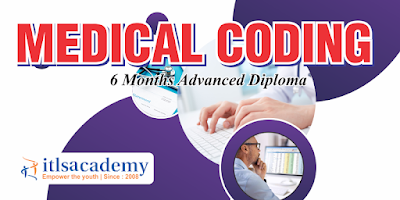A career in medical coding for someone with a biotech background can be a smart and strategic move, especially if you're looking to pivot into the healthcare industry with a focus on health information management, compliance, or insurance processes. Here’s a detailed look at what it means and how to transition:
🔬 How Your Biotech Background Helps
-
Strong scientific knowledge: You already understand human biology, pharmacology, and clinical terminology, which are key in coding diagnoses and procedures accurately.
-
Analytical skills: Biotech training fosters attention to detail, which is essential in coding.
-
Understanding of healthcare systems: If you've done research or worked with clinical data, you’ll grasp healthcare documentation quickly.
📋 What is Medical Coding?
Medical coding involves translating healthcare diagnoses, procedures, medical services, and equipment into standardized codes. These codes are used for:
-
Insurance billing
-
Medical records
-
Public health data analysis
Examples of coding systems:
-
ICD-10 (diagnosis codes)
-
CPT (procedure codes)
-
HCPCS (medical equipment/services)
📈 Career Opportunities
With a biotech background and coding certification, you can pursue roles such as:
-
Medical Coder
-
Clinical Documentation Specialist
-
Health Information Technician
-
Compliance Analyst
-
Medical Billing Specialist
-
Coding Auditor
-
Remote Coding Consultant (common in the field)
💼 Salary Expectations (US Example)
-
Entry-Level: $40,000–$55,000
-
Certified & Experienced: $60,000–$80,000+
-
Specialized roles or remote contracts can earn over $90,000, especially with CCS or CPC certifications.
🧭 Career Growth Path
-
Start: Get certified and land a coding job
-
Mid-career: Move into auditing, compliance, or documentation improvement
-
Advanced: Work in data analytics, clinical research coding, or even AI-driven medical documentation projects
✅ Is It a Good Fit?
Pros:
-
Stable job market
-
Remote work options
-
Good pay with experience
-
Leverages your scientific background
Cons:
-
Repetitive work at times
-
Certification exams can be challenging
-
Needs continuous education (updates in codes, compliance)







No comments:
Post a Comment